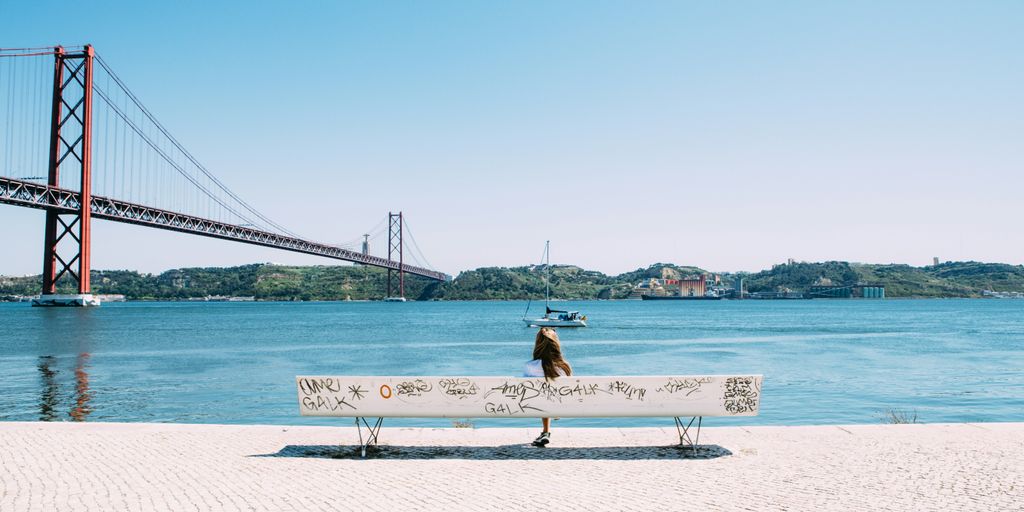Portugal’s ambitious plan to attract digital nomads is facing significant challenges as local protests against rising costs and gentrification grow louder. The country, which has been a haven for tech entrepreneurs and remote workers, is now grappling with the complexities of retaining these nomads while addressing local concerns.
Key Takeaways
- Portugal’s digital nomad scheme is under scrutiny due to rising local resistance and administrative hurdles.
- The influx of digital nomads has led to soaring house prices and gentrification, causing local protests.
- Administrative inefficiencies and lack of services are driving some digital nomads away.
- Portugal is considering changes to its golden visa scheme and crypto tax policies.
The Allure of Portugal
Portugal, particularly Lisbon, has been a magnet for digital nomads, thanks to its scenic vistas, affordable living, and flexible regulations. The global pandemic further accelerated this trend, with many tech workers and entrepreneurs flocking to the country. The golden visa scheme, which offers Portuguese residence in exchange for investment, has been a significant draw.
According to Nomad List, Lisbon was home to 15,800 digital nomads as of December. The city is also a top destination for female nomads, as per the website’s latest report. Initially, the scheme attracted people from China and Latin America, but by 2020, Americans started to dominate the golden visa holders.
Rising Local Resistance
However, the influx of digital nomads has not been without its downsides. Local residents are increasingly protesting against the rising house prices and gentrification. Protests have even reached the gates of the Web Summit, an annual tech fair in Lisbon. Ana, a local teacher, lamented, "They put too much money in these things, and at the same time we can’t live in the city anymore."
The popularity of short-term rental platforms like Airbnb among digital nomads has exacerbated the housing crisis. Activists from housing advocacy group Habita have been vocal about the issue, holding placards that read, "1 digital nomad = many forced nomads."
Administrative Hurdles
For the digital nomads themselves, the experience has been a mixed bag. Belgian entrepreneur Jan Deruyck, who moved to Portugal in 2021, found the administrative processes cumbersome. "There’s a lot of red tape; the government acts very slowly and doesn’t make it easy to even register yourself as an entrepreneur," he said. Issues like finding daycare and cleaning services have also been problematic.
Policy Changes on the Horizon
Portugal is now showing signs of reining in some of the policies that have made it attractive to digital nomads. Prime Minister Antonio Costa hinted at plans to scrap the golden visa scheme, although this proposal was later rejected by Portuguese MPs. A new "digital nomad" visa, launched in October, allows non-EU remote workers earning four times Portugal’s average salary to live in the country for up to one year.
Changes are also coming for crypto enthusiasts. Portugal’s 2023 budget law introduced a 28% tax on capital gains from crypto-assets, unless held for longer than a year. This has led some in the crypto community to reconsider their plans to stay in Portugal.
The Road Ahead
While Portugal’s efforts to attract digital nomads have been successful, retaining them is proving to be a challenge. Competitors like Spain are already stepping in, offering lower income tax rates and special visas for digital nomads. For many, the initial allure of Portugal is fading, and they are looking for new destinations that better meet their needs.
As Deruyck put it, "For us, it was a good experience. But, as with many countries, they have established an interesting scheme to attract people, but they forget to think about retention."
Sources
- Portugal’s digital nomad bubble poised to pop – POLITICO, POLITICO.eu.











